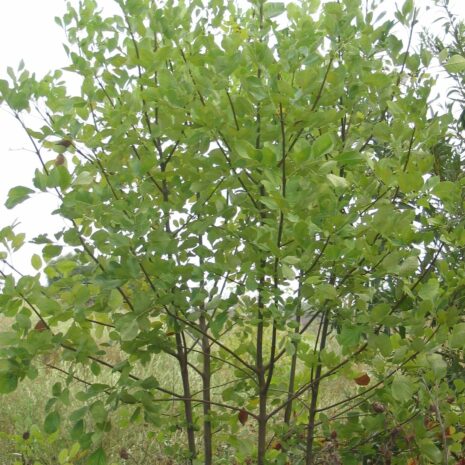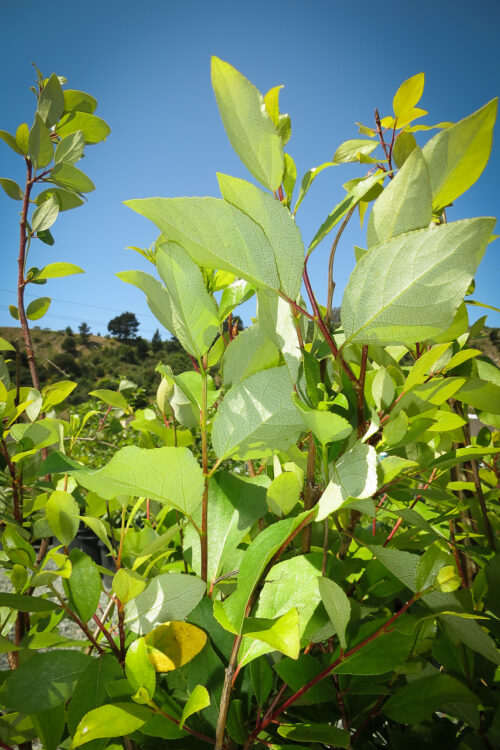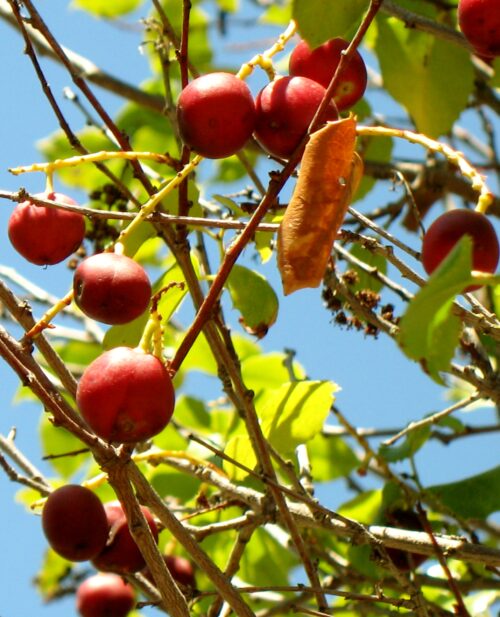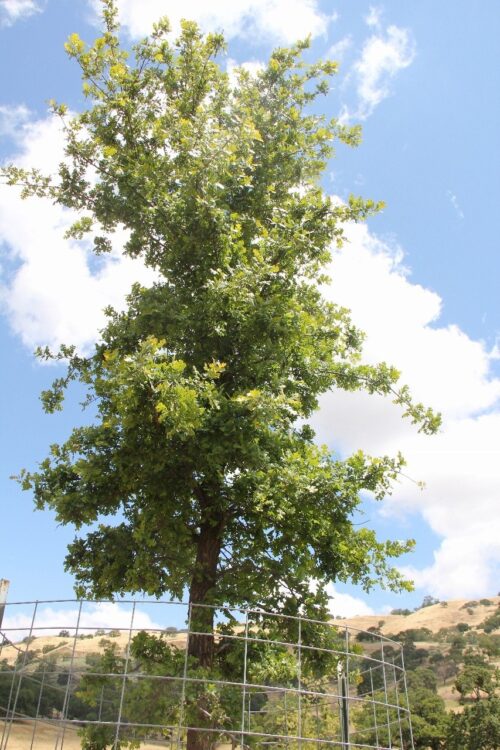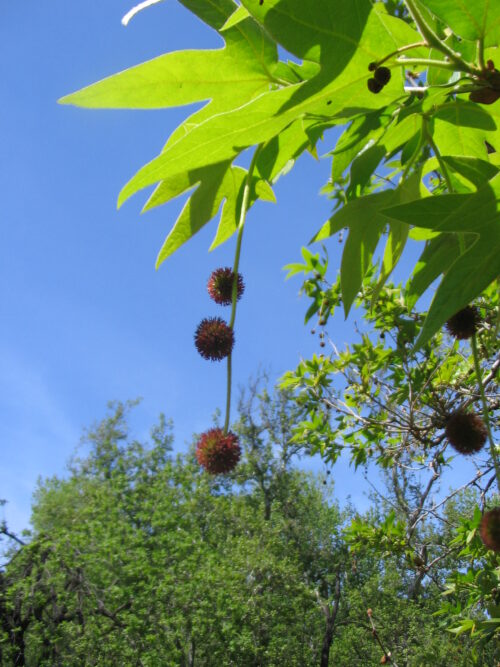Fraxinus latifolia
$2.25 – $16.50
We do not take online orders for plants. Please come in to the nursery, call or email: (510) 234-2222 or sales@thewatershednursery.com
Share this page
Oregon ash
A deciduous, medium sized (30′-80′) tree, symmetrical in shape, growing about half as wide as it is tall. This tree may reach the age of 250 years and is fast growing the first third of those years, then grows slowly. Space 30′ apart.
Oregon ash is commonly found in riparian habitats. In open moist sites this tree can have short trunks and wide, round-topped crowns with large limbs. On dry sites or at high elevations Oregon ash is often a small, crooked tree. The seeds are eaten by birds and squirrels. Its preferred habitat is poorly drained, moist bottom land with deep soil rich in humus. Larval host for the Two-Tailed Swallowtail and Western Tiger Swallowtail butterflies.
Lifeform: Tree
Sun: Full Sun, Part Shade
Other: Attracts Birds, Attracts Butterflies, Erosion Control
| Container | 4-Gal, D-16-O, D-40-O, D-40O, D-40SO, TB4-O, TP4-O, TP4O, 1-Gal, 5-Gal, D-16, D-16S-o, D-40, D-40S, D-40S-o, TB4, TP4, TP4S |
|---|---|
| Ecological Value | Great for revegetating wet areas. Used by wildlife for food and shelter. |
| Historical Uses | The pulverized fresh roots were used by some native North American Indian tribes to treat serious wounds. A cold infusion of the twigs has been used to treat fevers. |
| Distribution | Native to California and also found outside of California, but is confined to western North America. |
| Elevation | Between 0 and 3000 feet |
| Communities | |
| Habitat | Moist areas in Canyons, streambanks, and woodlands |

